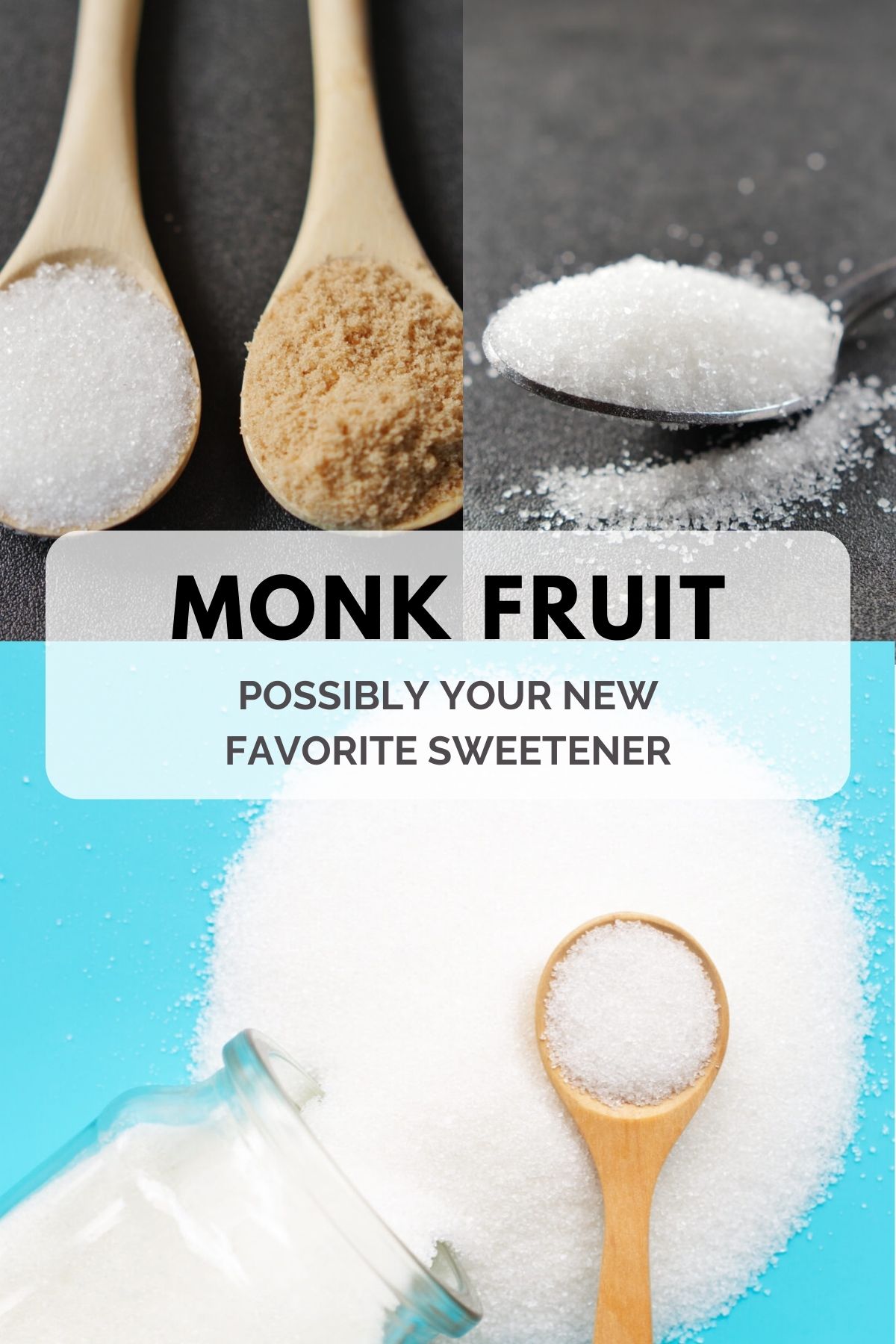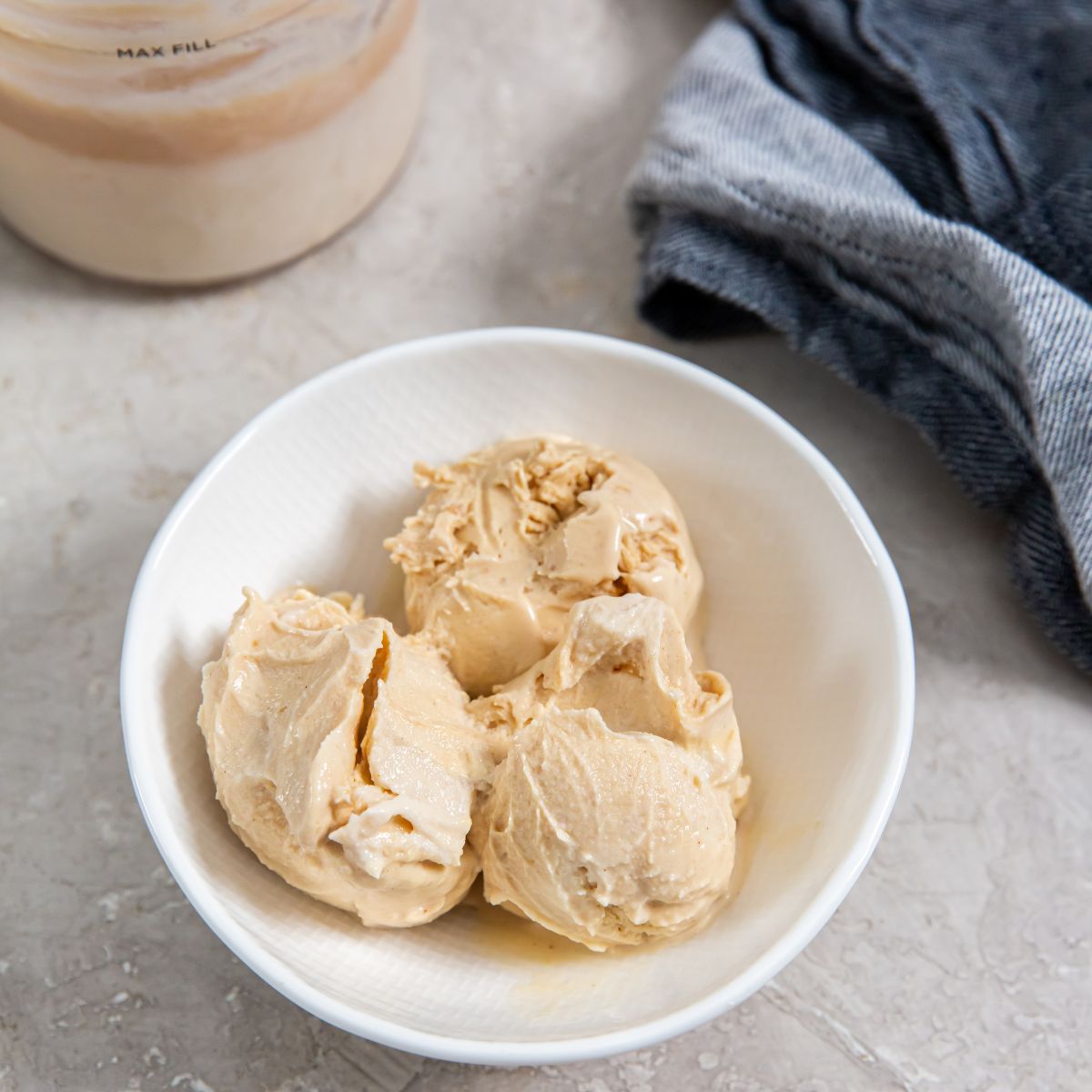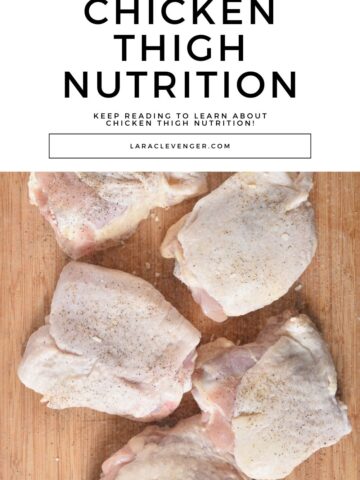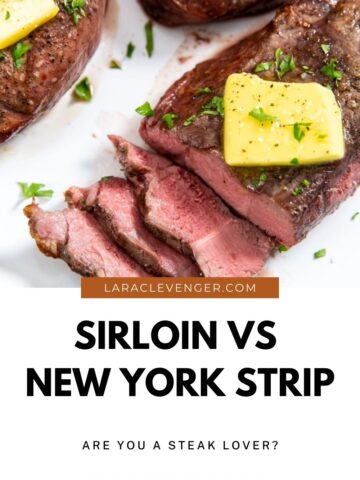Are you curious about alternatives to traditional sugar? Monk fruit provides a sweet flavor with zero calories and no sugar spikes, making it a perfect option for those who want to reduce their sugar intake without sacrificing sweetness.

What is Monk Fruit?
Monk fruit, known scientifically as Siraitia grosvenorii, is native to China and Indonesia and has been cultivated for over 200 years, particularly in Guangxi province, China. It is commonly referred to as Luo Han Guo. This perennial herb from the Cucurbitaceae family contains various bioactive compounds that are beneficial for health. Historically, monk fruit has been used as a natural sweetener and a remedy for various ailments such as sore throat, cough, constipation, and thirst.
What is Monk Fruit Made From?
Monk fruit sweeteners are produced by removing the seeds and skin of the fruit, crushing the pulp, and extracting the juice. The juice is then processed to isolate the mogrosides, the compounds responsible for its intense sweetness.

Try Ninja Creami Peanut Butter Ice Cream made with monk fruit
What is Monk Fruit in the Raw?
Monk Fruit in the Raw is a brand name for a product line of monk fruit-based sweeteners. This brand blends monk fruit extract with other ingredients like dextrose or erythritol to balance the sweetness and improve texture.
They're used in various foods and drinks, including soft drinks, juices, dairy products, and baked goods, and can be found in products like Nectresse® and Monk Fruit in the Raw®. Although they may slightly alter the texture and taste compared to sugar, they are stable for baking and blended with other ingredients to simplify measurement and use.
Is Monk Fruit Healthy?
Monk fruit has a long history of use in traditional Chinese medicine, dating back to the 13th century. It has been used to moisten the lungs, clear heat, stop coughs, and alleviate gastrointestinal issues by moistening the intestines and regulating bowel movements. Monk fruit is also said to possess several beneficial properties, including being:
- Anti-inflammatory
Reduces inflammation through mogrocides and cucurbitacin; helps with sore throats, digestive issues, and heat stroke. - Antioxidant
Combats oxidative stress and free radicals with mogrocides and kaempferol; boosts immune system. - Anti-tumorigenic and Anti-fibrotic
May inhibit cancer cell spread and tumor growth with cucurbitacin and triterpene glycosides. - Analgesic
Offers natural pain relief and potential wound healing with cucurbitacin and kaempferol. - Anti-obesity and Anti-Diabetic
Aids in weight management and inflammation control by replacing sugary foods, improving blood sugar regulation. - Anti-Cancer Properties
Research investigated mogroside V (MOG), a compound from monk fruit, for its potential anticancer effects against prostate and bladder cancers.
Monk fruit is a health powerhouse, balancing blood sugar, curbing obesity, boosting energy, and fighting cancer, all with its natural, zero-calorie sweetness.
Monk Fruit Side Effects
Monk fruit has been found safe in both animal and human studies, with no reported side effects. Although it’s not yet approved as a food in Europe and needs more review, research shows it has a high safety threshold. This means it’s well within safe limits for daily consumption.
However, individuals who are allergic to produce from the Cucurbitaceae family, such as squash, watermelon, cucumber, and zucchini, may also experience allergic reactions to monk fruit.
Monk Fruit Substitutes
Monk fruit sweeteners are 150-200 times sweeter than sugar, contributing sweetness without adding calories. Here are some common substitution ratios:
- Monk Fruit to Sugar: Monk fruit can be up to 300 times sweeter than sugar. A very small amount (about 1/300th of a tablespoon) of monk fruit extract is equivalent to 1 tablespoon of sugar.
- Monk Fruit to Xylitol: Since xylitol is equal in sweetness to sugar, monk fruit, which can be up to 300 times sweeter, requires only a very small amount (about 1/300th of a tablespoon) to match the sweetness of 1 tablespoon of xylitol.
- Monk Fruit to Maple Syrup: Since maple syrup is only slightly sweeter than sugar, you would need about 1/150th to 1/200th of a tablespoon of monk fruit extract to replace 1 tablespoon of maple syrup.
- Monk Fruit to Erythritol: Erythritol is about 60%-80% as sweet as sugar. To replace 1 tablespoon of erythritol, you would need approximately 1/60th to 1/80th of a tablespoon of monk fruit extract.
- Monk Fruit to Allulose: Allulose is also about 60%-80% as sweet as sugar. To replace 1 tablespoon of allulose, you would need about 1/60th to 1/80th of a tablespoon of monk fruit extract.
Monk Fruit and Net Carbs
Monk fruit sweeteners are up to 250 times sweeter than table sugar and do not contribute to net carbs, as they contain zero calories and zero carbs. Recent studies highlight their role in preventing several diseases and their application in the development of sugar-free, low-calorie foods. These studies also summarize the progress in developing non-nutritive natural sweeteners, showcasing the benefits of monk fruit sweeteners in creating healthier alternatives.
Monk Fruit Glycemic Index
Monk fruit sweeteners typically have a glycemic index of zero since they contain no carbohydrates, making them a suitable option for managing blood sugar levels.
If want to learn more about low carb sweeteners, check out this post all about allulose.







Leave a Reply